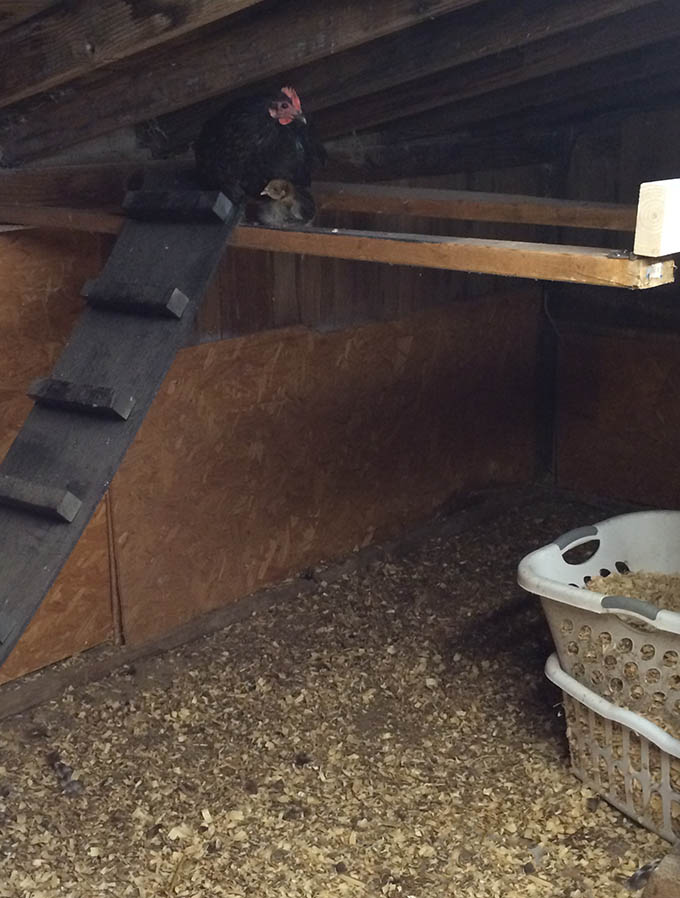Isolation thermique des bâtiments.
Attic insulation chicken feathers.
The ability of chickens to stay warm in winter has inspired a new energy efficient home insulation product developed by students at imperial college london.
But two entrepreneurs from london have another potential use case.
In the age of bio design it s important to rethink the way we use waste.
Turn the feathers into building insulation.
Micrograph of the secondary and tertiary struc ture of the chicken feather showing barbs and barbules 1.
Aeropowder is an environmentally friendly insulation material made using old chicken feathers.
Chicken feathers may provide eco friendly insulation in the future.
In the age of bio design it s important to rethink the way we use waste.
A b figure 3.
Just a fraction of an inch of this insulation can keep a bird s body temperature at 104 degrees even in freezing weather.
Around 900m chickens are slaughtered.
After the lightbulb moment masters student elena dieckmann ordered 10kg of chicken feathers and began to experiment using them as.
Inspired by chicken feathers and the way they effectively keep chickens warm during winter three students from imperial college london have come up with an impressive solution for energy saving indoor insulation.
In march 2016 elena and ryan were awarded the mayor of london low carbon entrepreneur award for their feather derived thermal insulation blocks which combined standard insulation materials with.
Many are the short fluffy kind the down that insulates the bird from the cold.
A α helix and b β pleated sheet structure 5.
Seen here are the feathers of a brown pelican.
In particular the poultry.
Feathers make up 5 of a chicken s bodyweight and 80 chickens can produce.
Physical and morphological structure of chicken feathers keratin biofiber in natural chemically and thermally modified forms 888.
Birds survive in sub zero weather by fluffing their feathers creating layers of air and feathers.
Des aides existent.
Composite materials with chicken fibres reinforcing epoxy resin table 2.

